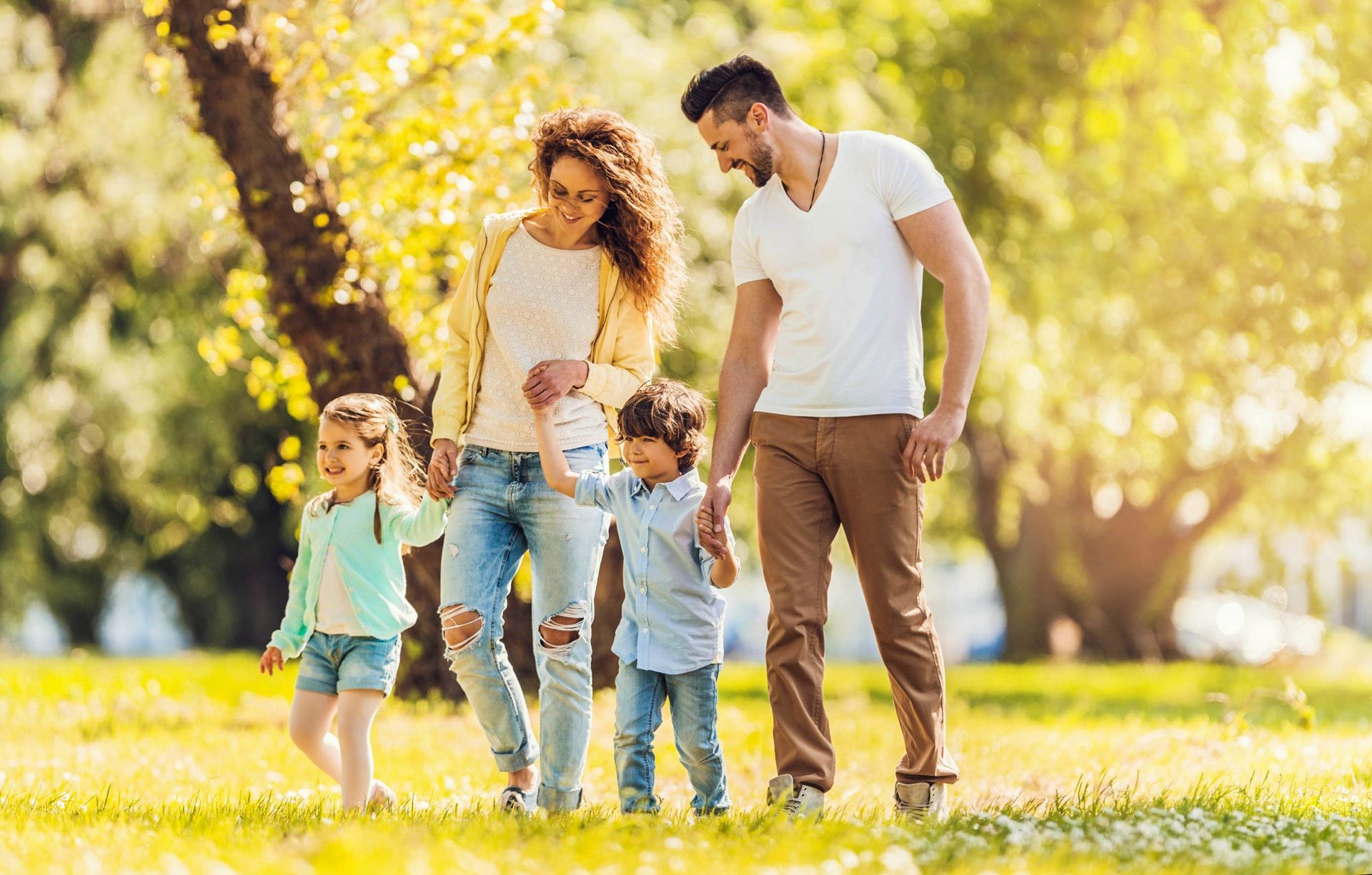As soon as you step inside a Moroccan home, the warmth of hospitality envelops you like a soft blanket. This isn’t just a cliché; it’s a deeply ingrained way of life. When welcomed into a Moroccan household, you can expect the comforting gesture of a steaming cup of mint tea, or “atay.” This welcome drink transcends mere thirst-quenching; it’s a meaningful ritual that embodies friendship and respect. I fondly recall my inaugural visit to a family in Marrakech, where we lingered for hours, sharing tea, exchanging stories, and laughing together, even amidst our language gaps. Each sip of that fragrant tea seemed to strengthen the bond we were building in that special moment.
Hosts often go above and beyond to make you feel at home, exemplifying the profound importance of connection. In Moroccan culture, meals are sacred gatherings. Sitting together at the table is far more than just partaking in food; it becomes an experience in which relationships blossom, memories are created, and life is celebrated. The dining table is typically a vibrant display of dishes, each prepared with care, inviting you to savor and enjoy every bite together. Want to deepen your knowledge on the subject? Visit this external source we’ve selected for you, containing supplementary and pertinent details to broaden your comprehension of the subject, trips Morocco From Marrakech.
Festivals that Unite
Morocco truly knows how to throw a celebration. The lively colors of its festivals, infused with joyous energy, serve to unite people from all walks of life. One of the most enchanting events is the Festival of Fantasia, where skilled horsemen execute spectacular displays of artistry and precision. The thunderous hooves pounding the ground, coupled with the rapturous cheers from the crowd, create an exhilarating atmosphere that brings everyone together in celebration.
These festivals beckon not just for observation, but for participation. Whether it’s dancing, sharing culinary delights, or joining in traditional games, these festivities cultivate a lively spirit of community and connection, thriving on joy and celebration!
The Art of Craftsmanship
Moroccan traditions are rich with artistic expression and exceptional craftsmanship, from intricate tile mosaics to exquisitely woven rugs. The skills passed down through generations narrate tales of resilience and beauty. A stroll through the bustling souks of Fez or Marrakech reveals artisans absorbed in their work, dedicated to perfecting their craft. Watching a potter skillfully shape clay is a mesmerizing sight, invoking a sense of inspiration that’s hard to shake off!
Moroccan decorative arts often mirror the diverse influences that have converged over centuries. The striking mosaic tiles, meticulous wood carvings, and ornate metalworks not only showcase remarkable skill but also the depth of cultural heritage. Each piece resonates with stories waiting to be discovered. As I meandered through the charming alleys lined with artisans, I felt a deeper connection to this rich history and craftsmanship—each item reflecting a proud legacy of tradition and innovation.
Religious Harmony and Influence
Religion significantly shapes Moroccan culture, with Islam being the predominant influence. Yet, this country radiates diversity, embracing multiple beliefs that contribute to a remarkably harmonious society. The architecture throughout Morocco tells stories of different eras; mosques coexist with synagogues and churches, a remarkable testament to the nation’s commitment to coexistence. There’s something truly magnificent in this balance, fostering mutual respect and understanding among various cultures.
During Ramadan, for example, the atmosphere shifts dramatically. The streets come alive in the evening with families gathering to break their fast, laughter, and special prayers echoing in the air. Experiencing this sacred season firsthand provided me with a unique perspective on Moroccan society—a confident embrace of spirituality, coexistence, and community. It beautifully reinforces the notion that despite our differences, we can unite to celebrate the beauty of life.
Culinary Adventures
If you think Moroccan traditions conclude with customs and celebrations, you’re in for a surprise—cuisine is an adventure in its own right! The nation is celebrated for its tantalizing blend of flavors, colors, and aromas. From aromatic tagines to fluffy couscous and flaky pastilla, every dish crafted is a culinary delight. I still remember the first bite of a chicken tagine crowned with apricots and almonds—an explosion of flavors that danced across my palate!
In Moroccan culture, food encapsulates more than just sustenance; it acts as a bridge for connection. Whether you find yourself in a small eatery or at a grand feast, the meal becomes a centerpiece for bonding. Cooking alongside others can also be an enriching experience. When I prepared my first kefta with a local friend, who graciously shared the secrets of Moroccan spices, it transformed into more than just a recipe; it became a delightful moment filled with laughter and heartfelt cultural exchange. Looking to broaden your understanding of the topic? Access this carefully selected external resource and discover additional information, Marrakech tours Morocco https://marrakech-morocco-tours.com!
Find more information about the subject in the related links below:
